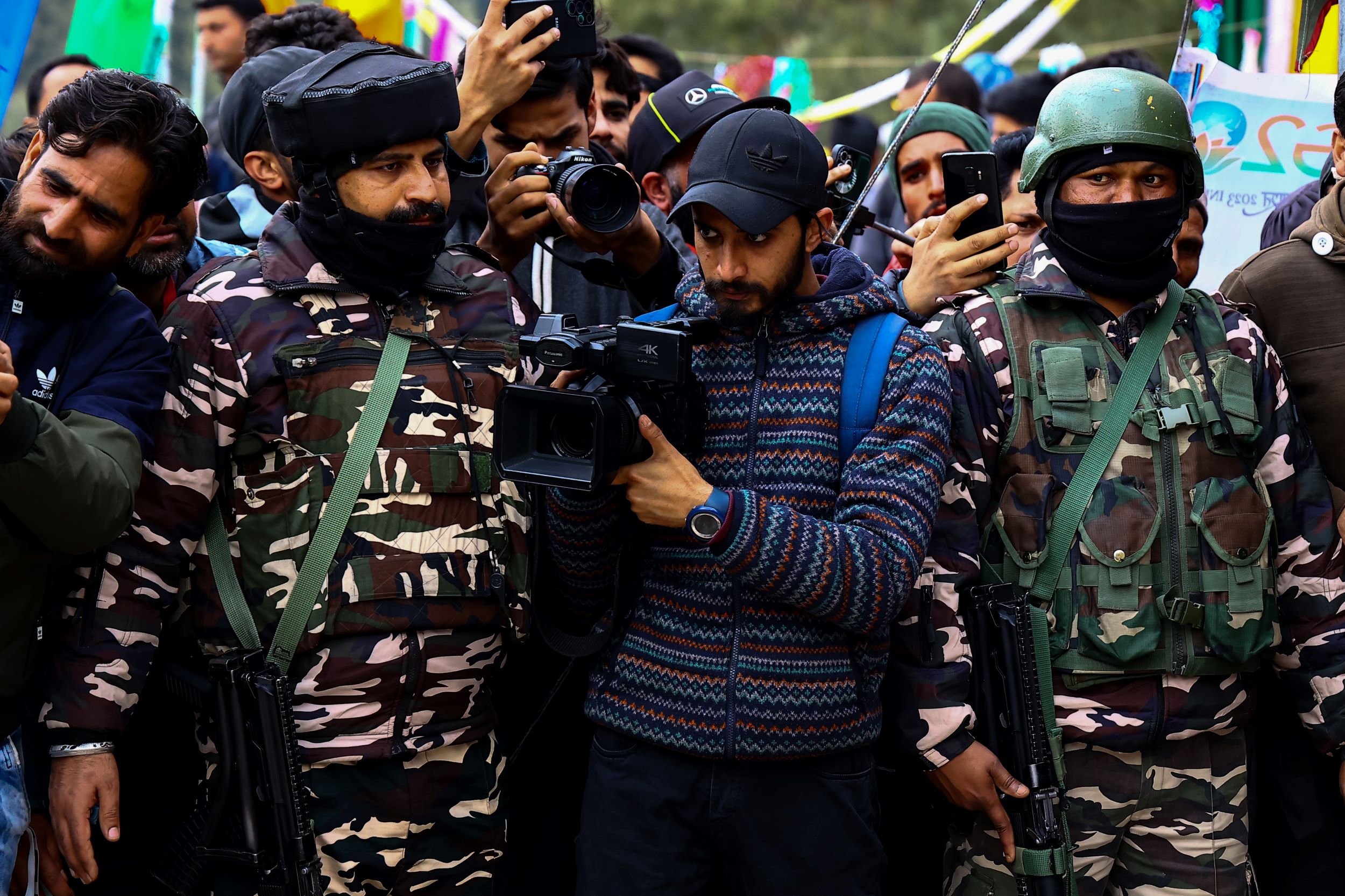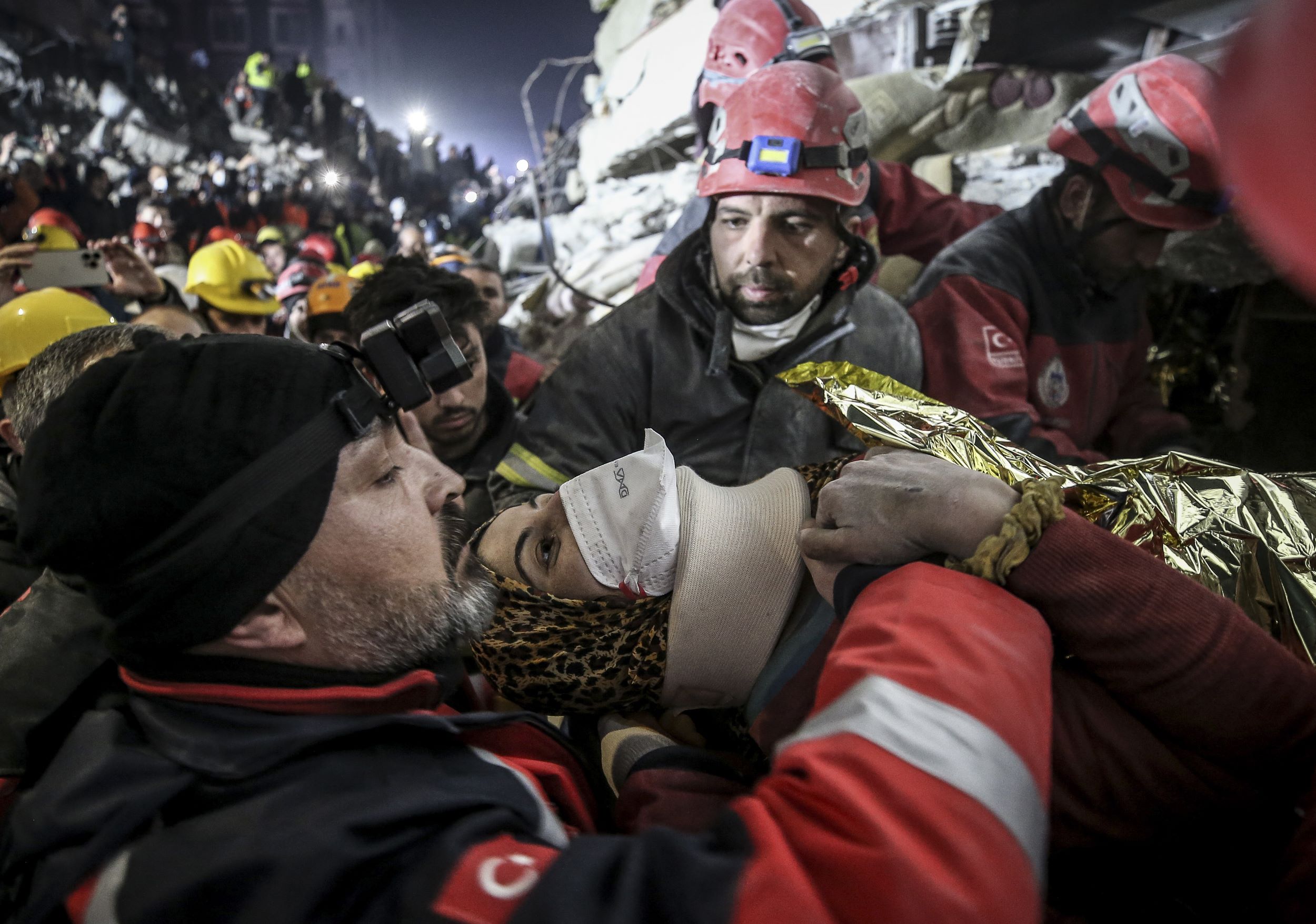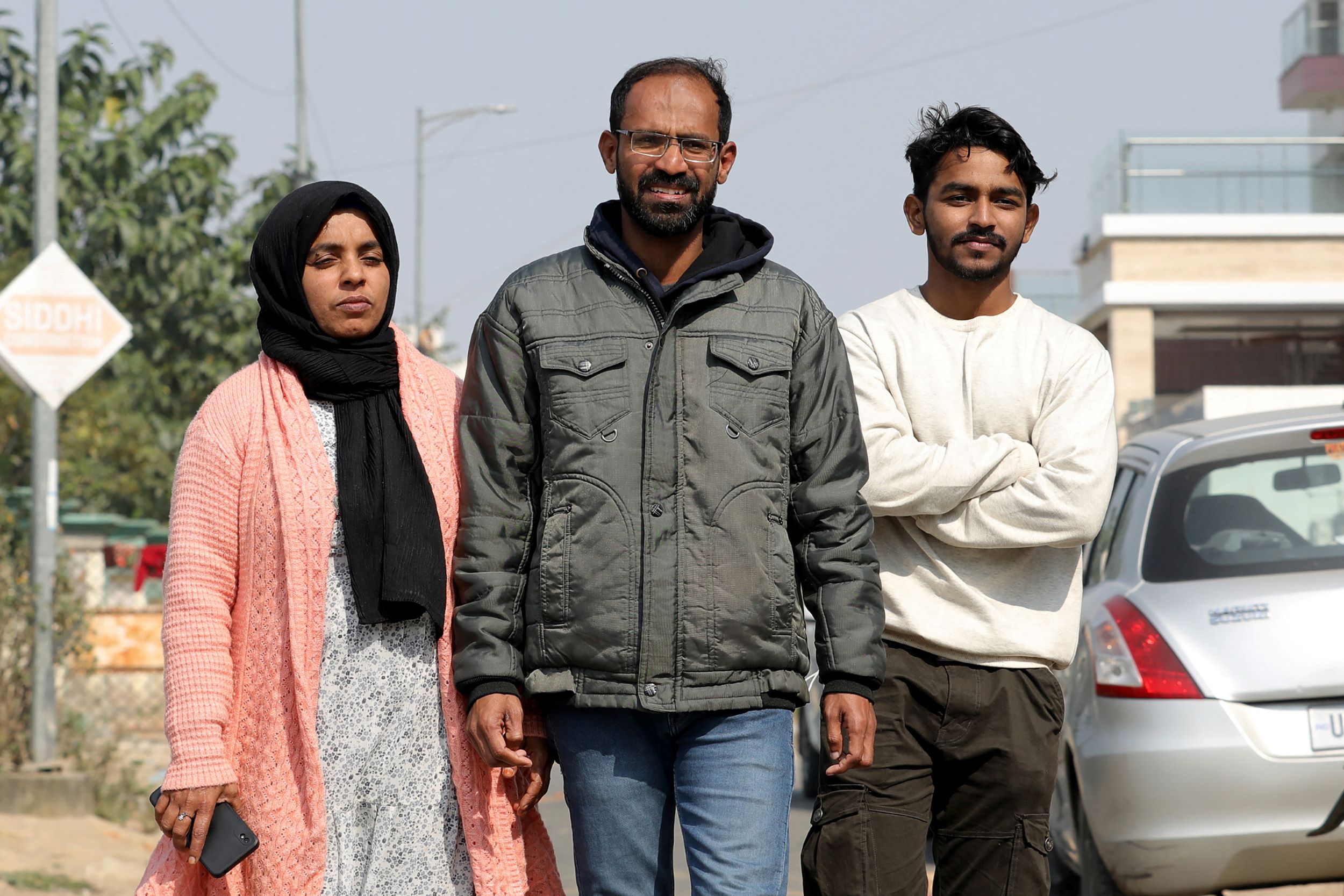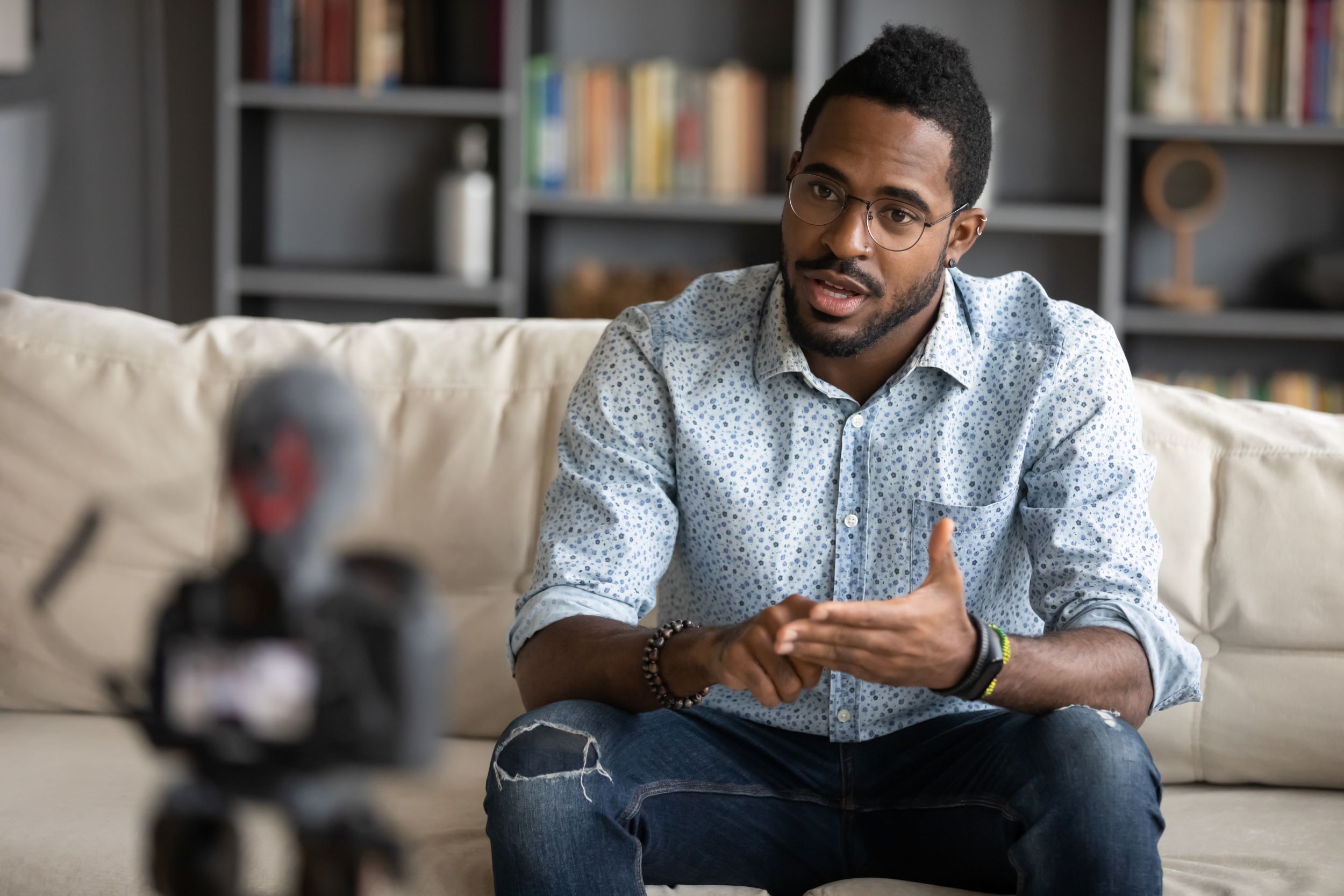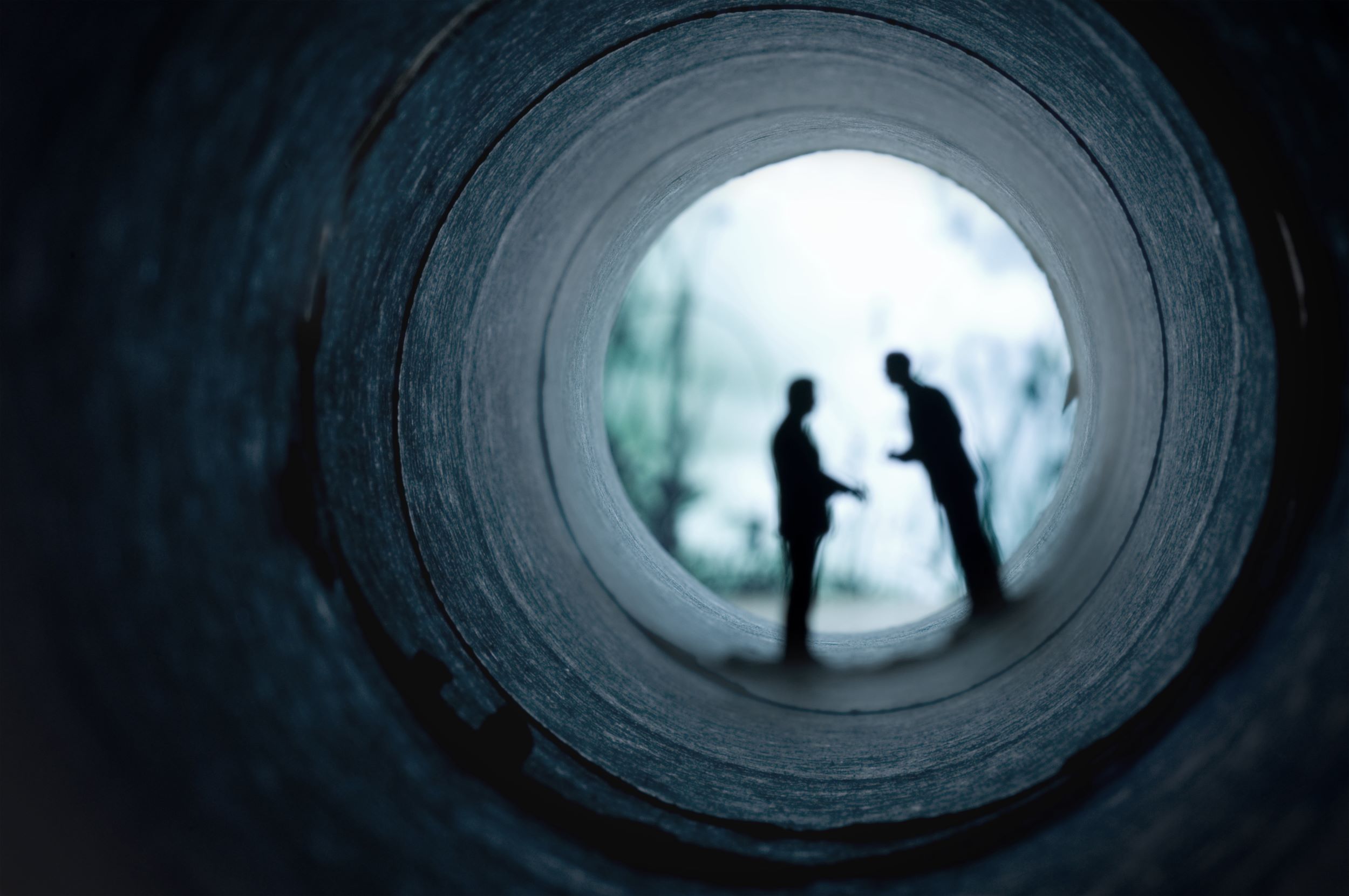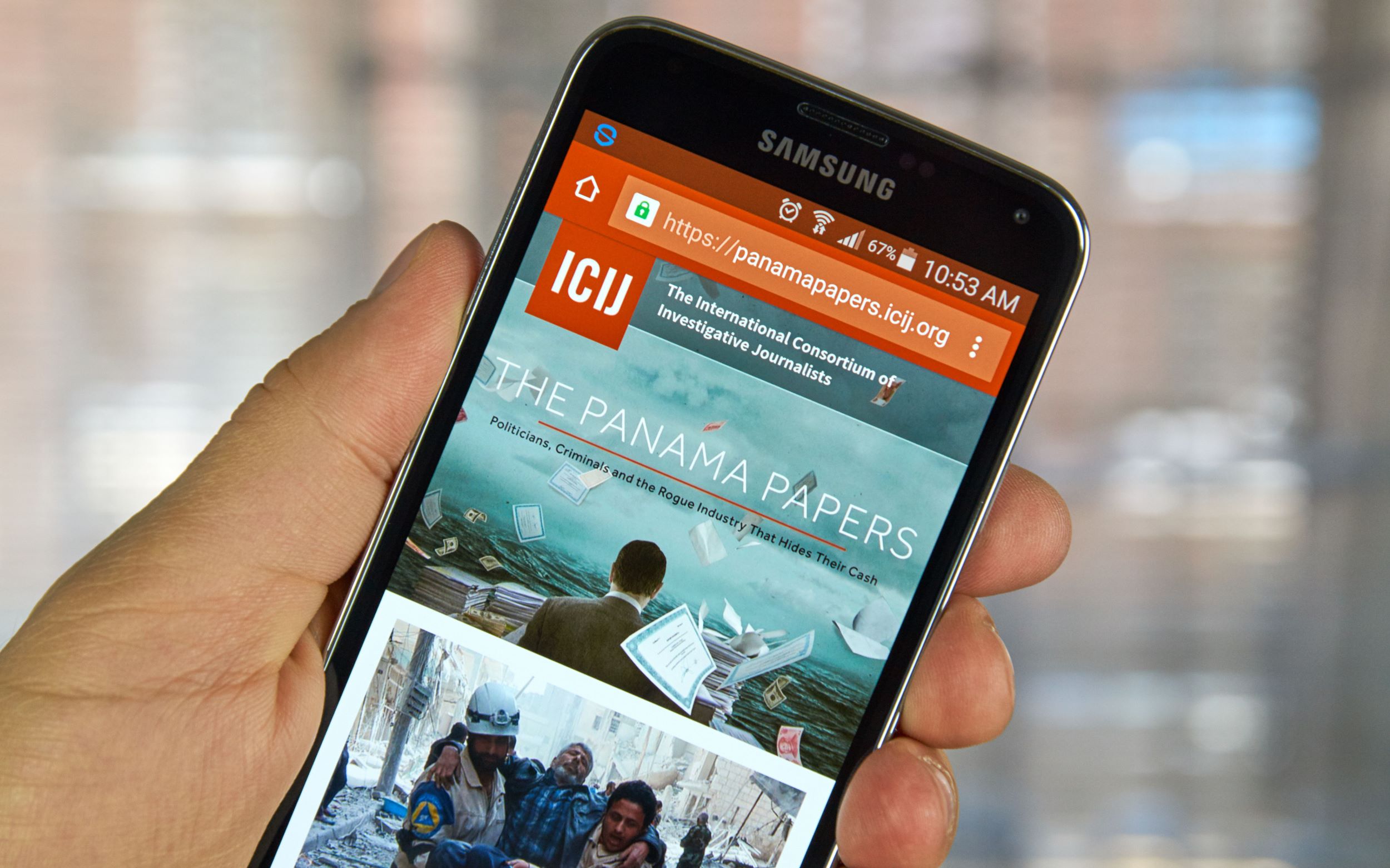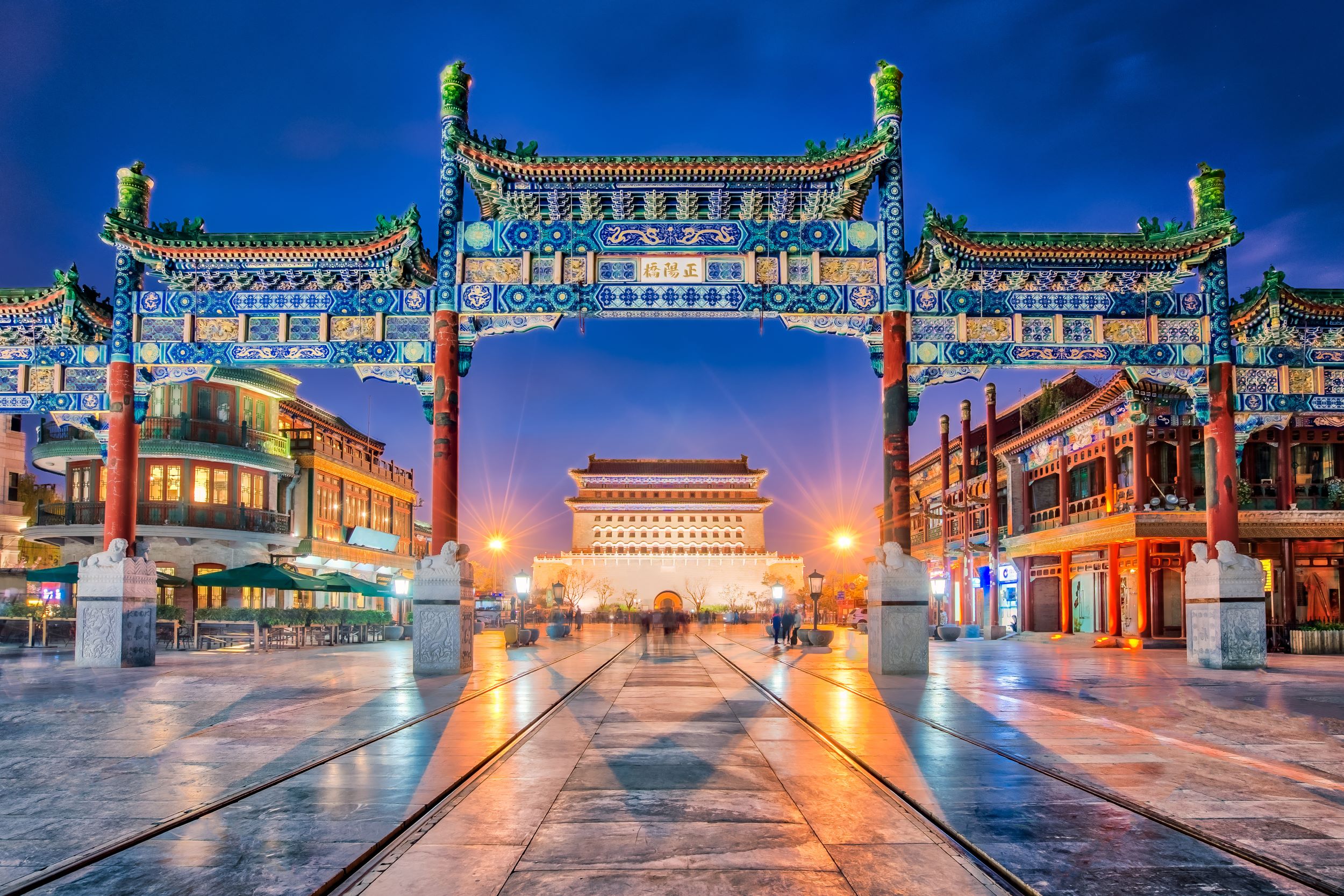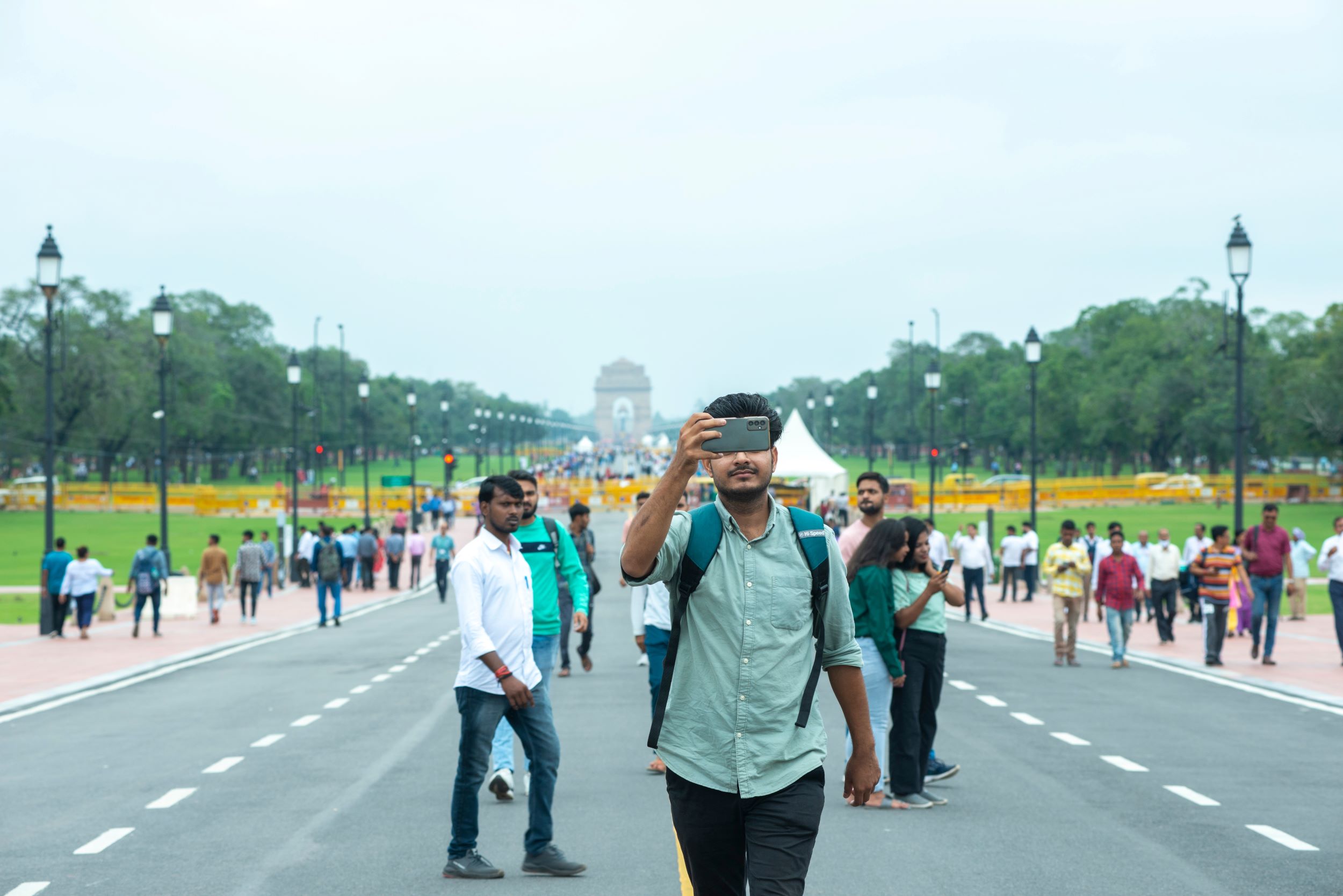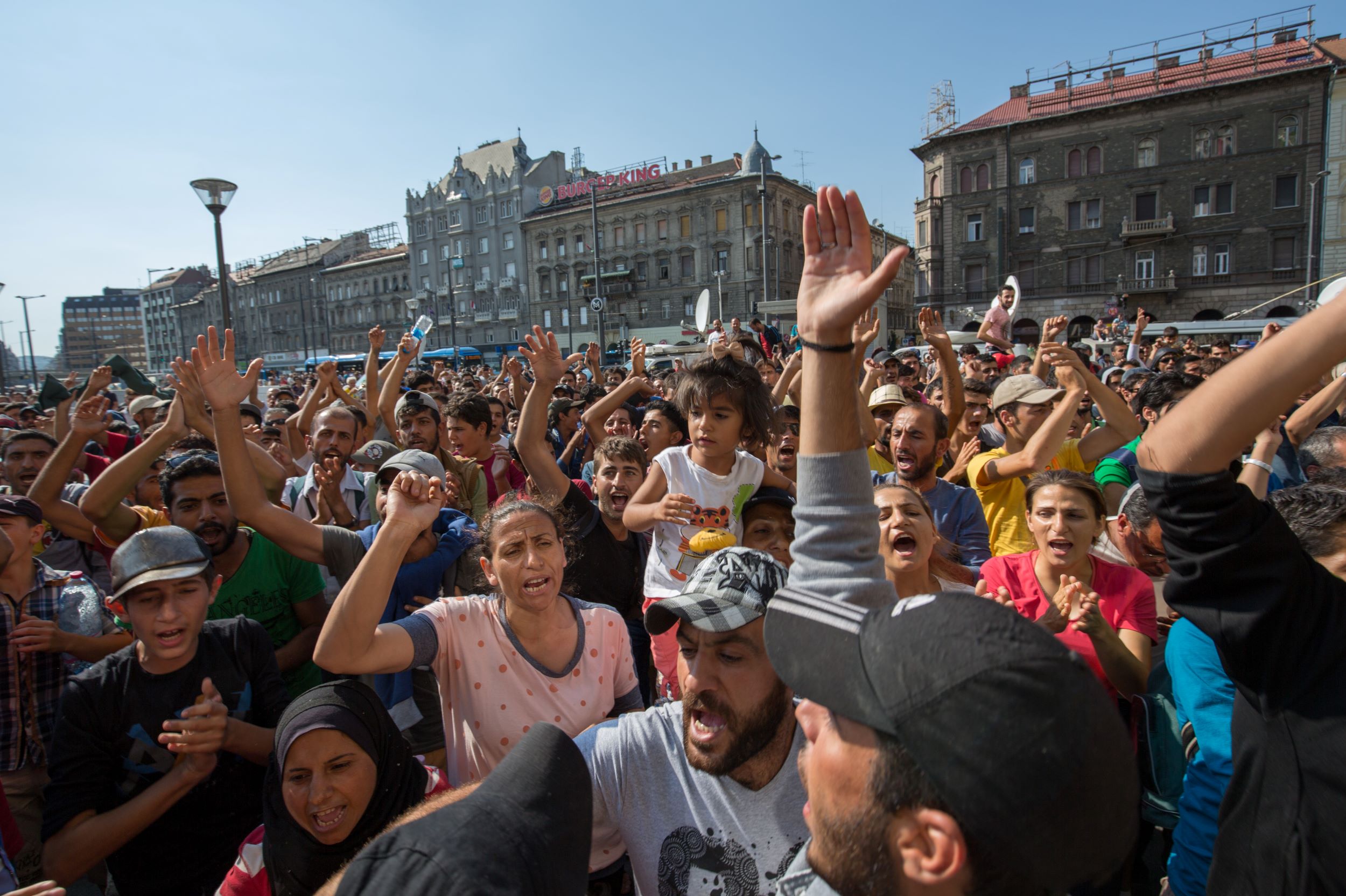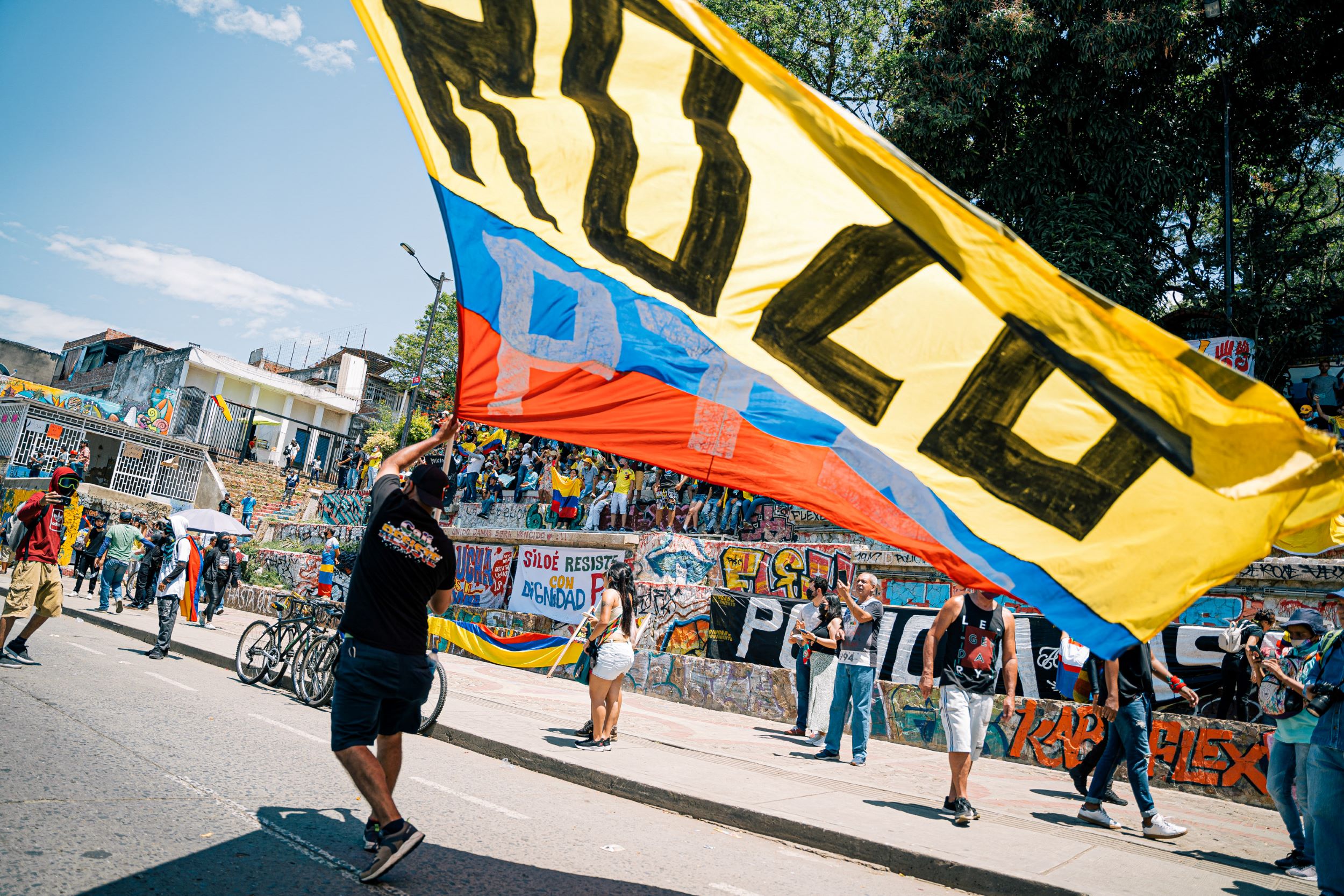Al Jazeera Journalism Review
‘I have disturbing dreams’ - the reporters suffering mental trauma on the job
Remaining objective while bearing witness to atrocities and suffering abuse from authorities is taking its toll on the mental health of journalists in India
Why are journalists being prevented from reporting on the earthquakes?
Media workers have played a vital role in ensuring help arrives for earthquake victims in Turkey, but many claim they are being prevented from doing their jobs
Field notes from an earthquake - reporting on human misery
REPORTER'S NOTEBOOK: Where do you draw the line when covering human suffering? When does reporting on a devastating earthquake cross over from objective journalism to tasteless voyeurism?
‘I reported the truth - and was taken to jail’ - the journalists in prison in India
Indian journalist Siddique Kappan has been released after more than two years in prison just for doing his job. We talked to him and others who have been arrested or imprisoned
‘Leading the voiceless’ - how low-caste Indian journalists are crowdfunding their own newsrooms
Dalit representation in Indian media organisations is very low. Some journalists from the lowest Hindu caste are finding innovative ways to start up their own news platforms
Investigative Journalism: Handling Data and Gathering Evidence
Data is only one part of the investigative story. In Part 5 of our series on investigative journalism, we look at different methods of gathering evidence
Investigative Journalism: Going Undercover
Covert operations for a journalistic investigation should be undertaken as a last resort only. In Part 4 of our series on investigative journalism, we explore the best ways to go undercover
‘They called us agents of imperialism’ - remembering the bombing of Zimbabwe’s Daily News
Twenty-two years after the bombing of a newspaper printing plant in January 2001, the perpetrators are still at large - and a state-sanctioned assault on a free press continues
Investigative Journalism: How to Develop and Manage your Sources
Your sources are the backbone of any investigation. In Part 3 of our series on investigative journalism, we look at how to find, foster and manage them
Investigative Journalism: Hypothesis-Based Investigations
What is a hypothesis-based investigation, how do you come up with one and how do you investigate and prove it? Part 2 of our series on investigative journalism
Investigative Journalism: What Should You Investigate?
In the first of our series on investigative journalism, we look at how journalists decide what to investigate
Navigating the Great Firewall of China
International media is blacked out in China - and very few are willing to try to bypass the country’s Firewall
Why are journalists in India turning to YouTube?
Indian journalists say the platform is a more democratic and uncensored place to work, but is the growing trend of YouTubers calling themselves journalists a cause for concern?
How Hungary’s media created the ‘Muslim bogeyman’
THE LONG READ: Hungary was one of the first Soviet-controlled countries to welcome refugees in the late 1980s. These days its government is one of the most opposed to migration in Europe. We examine how the media paved the way for this turnaround
Conflict, crisis and Colombia’s shifting media landscape
THE LONG READ: As political and commercial elites continue their stranglehold on mainstream media in Colombia, some independent minnows are starting to emerge
